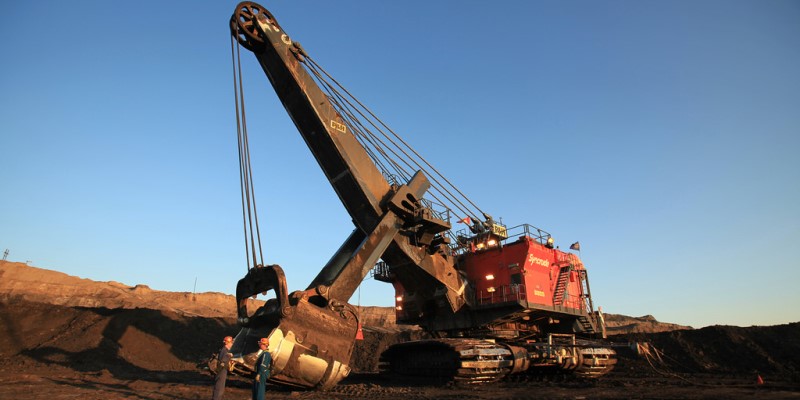According to oil and gas investors, Canada much less attractive than U.S.

There’s money out there for the upstream oil and gas industry, but investors seem eager to steer clear of Canada. With continued pipeline obstructionism, uncompetitive tax rates and increasing regulatory uncertainty here at home, investors increasingly view U.S. states as a better place to invest and ultimately produce jobs and government revenue.
According to the 2018 Fraser Institute Global Petroleum Survey, which tracks the perceptions of oil and gas investors by spotlighting policies that affect investment attractiveness including royalties, taxes and regulations, nine of the top 10 most attractive jurisdictions for oil and gas investment are in the United States. Canadian provinces were shut out of the global top 10.
Last year, six U.S. states and two Canadian provinces (Newfoundland and Saskatchewan) made the global top 10 most attractive jurisdictions for oil and gas investors. But this year, the majority of Canadian jurisdictions dropped in the rankings including Alberta (ranked 43rd) and Saskatchewan (ranked 18th). In contrast, most U.S. jurisdictions rose in the rankings.
So what’s behind the boost in investor confidence for many U.S. jurisdictions?
Simply put, investors have a more positive view of the regulatory environment in many U.S. states. In particular, in the eyes of investors, more than half of the U.S. jurisdictions significantly improved their labour regulations and addressed regulatory duplication since last year. Meanwhile, on the regulation front, many Canadian jurisdictions saw their perception scores decline.
An Alberta/Texas comparison underscores Canada’s uncompetitive regulatory and policy regimes. To start, Alberta (again, ranked 43rd) is Canada’s second least-attractive jurisdiction to invest in whereas Texas (1st) is the most attractive jurisdiction in the United States (and the world).
On the tax front, more than 50 per cent of respondents see Alberta’s fiscal terms (royalties, etc.) and taxation as deterrents to investment compared to four per cent for Texas. And in a stunning result (related to Canada’s federal regulatory system), 73 per cent of respondents cited the cost of regulatory compliance in Alberta as a deterrent to investment this year, compared to only 10 per cent for Texas.
Moreover, if we compare Alberta’s results to Oklahoma (the second most-attractive jurisdiction based on policies) or Kansas (third most attractive), we see similar patterns.
To understand why Canada’s has dimmed in the eyes of oil and gas investors, consider how recent policy decisions vary between countries. In Canada, the Trudeau government plans to make the regulatory approval process even more uncertain and complex with Bill-69, which is currently under Senate review. This bill includes subjective assessment criteria—including the social impact of energy investment and its “gender” implications—which will likely increase uncertainty, further politicize the regulatory process and lengthen approval times. Meanwhile, the Trump administration has rescinded or scaled back several Obama-era regulations including regulations on hydraulic fracturing on federal lands. The U.S. has also moved away from carbon-pricing and introduced sweeping corporate tax cuts meant to attract business investment.
This raises a key question. Why would investors put money into Canadian jurisdictions as opposed to U.S. states, if governments north of the border continue to feature uncompetitive tax rates and onerous regulations? In short, they won’t.
Overall, oil and gas investors are sending clear signals that Canada has an investment attractiveness problem. To reverse this trend, policymakers in Ottawa and the provinces should adopt competitive policies and streamline regulatory processes to restore investor confidence.
Authors:
Subscribe to the Fraser Institute
Get the latest news from the Fraser Institute on the latest research studies, news and events.


